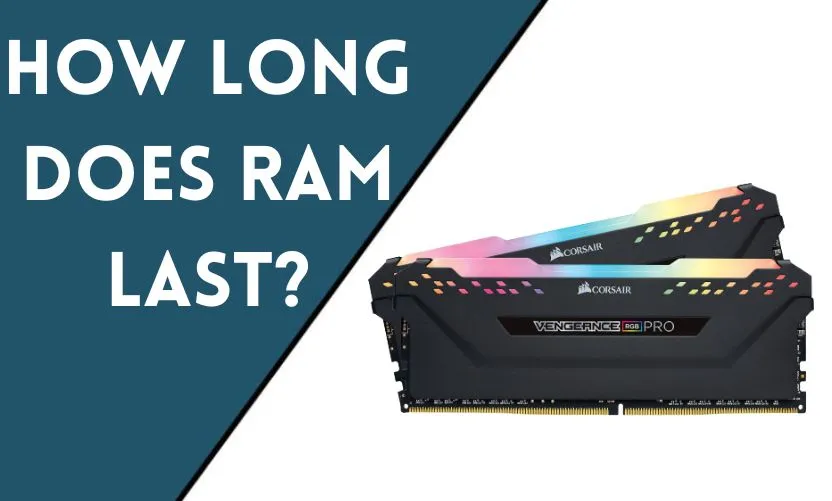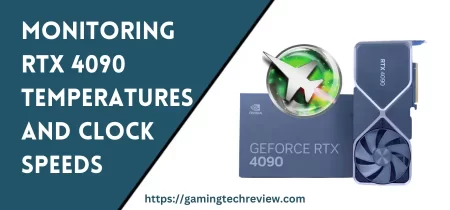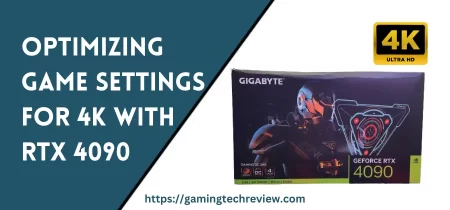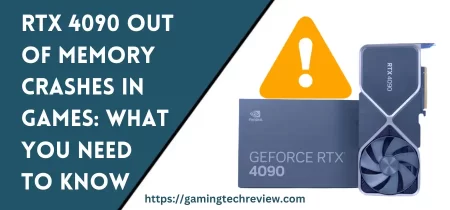
In the world of technology, computer memory plays a vital role in storing and accessing data. Random Access Memory (RAM) is a crucial component of a computer system that temporarily stores data for immediate use by the processor. As users, it’s natural to wonder about the lifespan of RAM and how long it can be expected to last before requiring replacement. In this article, we will delve into the topic of RAM lifespan, factors that can affect it, and some tips to maximize its longevity.
Understanding RAM and Its Importance
RAM, often referred to as computer memory, is a hardware component that allows the computer to access data quickly. It is a volatile type of memory, meaning it requires a continuous supply of power to retain data. RAM stores the data that the processor needs to access quickly during the execution of programs and tasks. The larger the RAM capacity, the more data it can hold, resulting in improved system performance.
Factors Affecting the Lifespan of RAM
Several factors can influence the lifespan of RAM modules. Understanding these factors can help users take necessary precautions to prolong the life of their RAM.
Operating Conditions
The operating conditions of a computer system can significantly impact the lifespan of RAM. Computers operating in extreme environments, such as high temperatures or excessive humidity, may experience premature failure of RAM modules. Maintaining a suitable operating environment is crucial to ensure optimal performance and longevity of the RAM. Using outdated drivers or software can also lead the effect of RAM lifespan.
Voltage and Heat
RAM modules are designed to operate at specific voltage levels. Exceeding the recommended voltage can lead to overheating and cause damage to the RAM chips. Additionally, high operating temperatures can also contribute to the degradation of RAM over time. Adequate cooling and proper ventilation are essential to maintaining optimal temperatures and extending the lifespan of RAM.
Overclocking
Overclocking refers to running computer components, including RAM, at higher speeds than their default specifications. While overclocking can provide a performance boost, it also puts additional stress on the RAM modules, potentially reducing their lifespan. Users who overclock their systems should be aware of the potential risks involved and take necessary precautions.
Electrostatic Discharge (ESD)
Electrostatic discharge, or ESD, can occur when handling computer components without proper grounding or using inadequate antistatic measures. ESD can cause irreversible damage to sensitive electronic components, including RAM. Users should take precautions such as wearing an antistatic wrist strap or using antistatic mats to prevent ESD-related damage.
Expected Lifespan of RAM
The lifespan of RAM modules can vary depending on several factors.
Manufacturer Specifications
RAM modules come with manufacturer specifications that often include an estimated lifespan. However, these estimates are based on average usage patterns and may not be accurate for all scenarios. It is essential to consider other factors that can affect the lifespan of RAM.
Usage Patterns
The usage patterns of a computer system can impact the lifespan of RAM. Heavy usage, such as running memory-intensive applications or multitasking, can put more strain on the RAM modules, potentially shortening their lifespan. On the other hand, systems with lighter usage may experience longer RAM lifespans.
Technological Advancements
Technological advancements in RAM manufacturing have resulted in more reliable and durable memory modules. Newer generations of RAM tend to have longer lifespans compared to older ones. As technology continues to evolve, we can expect further improvements in the longevity of RAM.
Maximizing the Lifespan of RAM
While RAM modules do have a finite lifespan, there are steps users can take to maximize their longevity.
Proper Handling and Installation
When handling RAM modules, it is crucial to use proper antistatic precautions to avoid ESD damage. Additionally, following the manufacturer’s instructions for installation ensures that the modules are correctly seated and securely connected. Improper handling or installation can lead to damage or reduced lifespan of RAM.
Adequate Cooling and Ventilation
Maintaining proper cooling and ventilation within the computer system is essential for optimal RAM performance and longevity. Ensuring that the system has adequate airflow, using cooling solutions like fans or heat sinks, and avoiding overcrowding of components can help regulate temperatures and prevent overheating.
Regular Maintenance and Cleaning
Regular maintenance of the computer system, including cleaning the internal components, can help prevent dust buildup. Dust accumulation can hinder proper heat dissipation and increase the risk of overheating. Periodically cleaning the RAM modules and the overall system can contribute to their longevity.
Avoiding Overclocking
While overclocking can provide a performance boost, it puts additional stress on the RAM modules. Users concerned about the lifespan of their RAM should avoid or limit overclocking to reduce the risk of premature failure.
Conclusion
RAM, as an essential component of computer systems, has a significant impact on their performance. Understanding the lifespan of RAM and the factors that can influence it helps users make informed decisions regarding maintenance, handling, and usage patterns. By following proper practices and taking necessary precautions, users can maximize the lifespan of their RAM modules and ensure optimal system performance.
Frequently Asked Questions
Can RAM wear out over time?
Yes, RAM can wear out over time due to various factors such as usage patterns, operating conditions, and manufacturing defects. However, with proper maintenance and usage, RAM modules can have a long lifespan.
Can faulty RAM cause data loss?
Faulty RAM modules can cause data loss and system instability. It is important to regularly check for signs of faulty RAM and replace any defective modules to prevent potential data loss.
Is it possible to repair or upgrade faulty RAM?
RAM modules are generally not repairable and need to be replaced if they become faulty. However, upgrading RAM is a common practice to improve system performance.
How can I check if my RAM is failing?
There are several diagnostic tools available that can help identify failing RAM. Memory testing software can perform thorough tests to detect any errors or issues with the RAM modules.
Does increasing RAM improve a computer’s lifespan?
Increasing RAM can improve a computer’s performance and responsiveness. While it may not directly impact the lifespan of the entire system, it can enhance the overall user experience and extend the useful life of the computer by allowing it to handle more demanding tasks efficiently.











